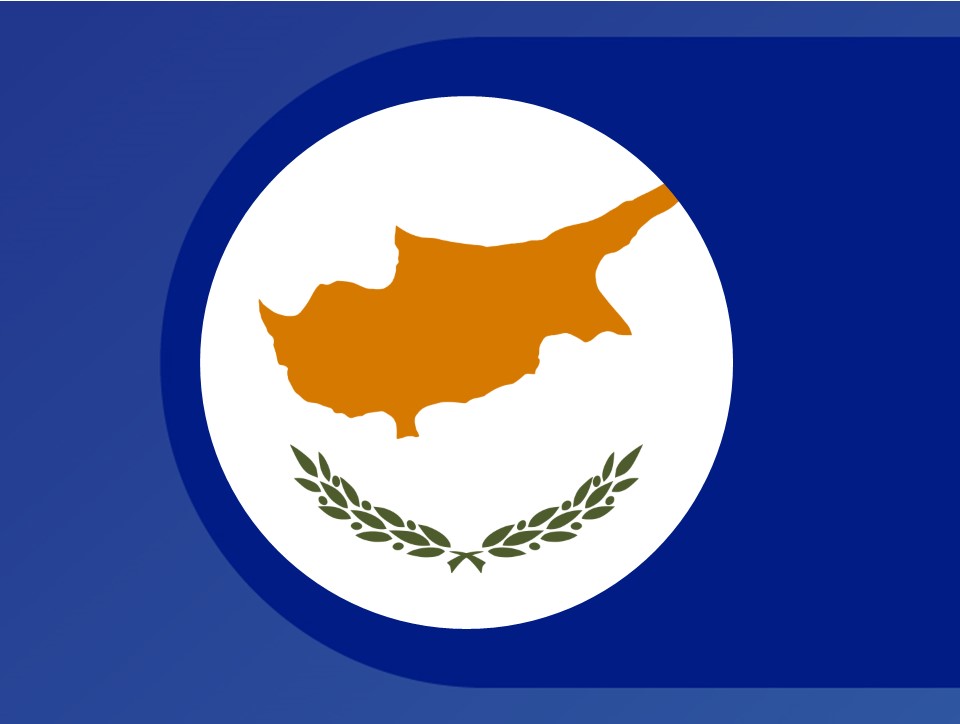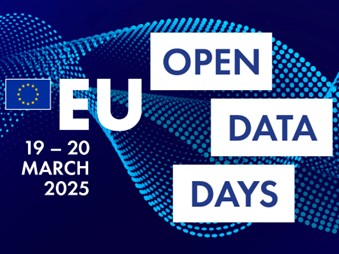Pronađeno 584 rezultata
Skip results of view Vijesti

The mobility sector is undergoing a rapid digital transformation, with open data playing a crucial role in enhancing transport efficiency, sustainability, and accessibility. By making real-time traffic data, public transport schedules, and infrastructure information openly available, open data enables smarter mobility solutions that benefit both citizens and businesses across Europe. From reducing congestion to improving multimodal transport planning, data-driven insights are reshaping how people and goods move. To foster innovation in the mobility sector, the European Commission has
Mark your calendars for an insightful webinar on data spaces. On Friday, 11 April 2025, from 10:00 to 11:00 CEST , we will delve into the European marketplace for language data during the webinar ‘ Data spaces: experience from the European Language Data Space ’. The European Language Data Space (LDS) is one of the Common European Data Spaces , as outlined in the European data strategy . The LDS aims at building a trustworthy and effective data market for the exchange of language resources in both the private and public sectors. It serves as a platform for sharing and monetising language data

The European Open Science Cloud (EOSC) is an initiative designed to create a federated, open, and multi-disciplinary digital environment for European researchers, academics, innovators, and citizen scientists. At its core, EOSC aims to facilitate the sharing, discovery, and reuse of research data, tools, and services, fostering collaboration and accelerating scientific progress. A key principle of EOSC is adherence to the FAIR data standards – Findability, Accessibility, Interoperability, and Reusability – ensuring that research outputs are widely available, reusable, and beneficial across

The EU Open Data Days 2025 brought together experts, policymakers, and data enthusiasts from across Europe to explore the evolving role of open data in shaping innovation, governance, and public services. Held on 19–20 March in Luxembourg and online, the event was a representation of the European Union’s commitment to fostering transparency, digital transformation, and cross-border collaboration. With 29 speakers and over 2 500 participants from various backgrounds, of which 289 attended in person, the conference showcased the growing impact of open data in driving policy and economic growth

We are proud to introduce the collaboration channel on data.europa.eu ! The collaboration channel is a dedicated space for connecting and engaging with data providers and data reusers. This forum offers meaningful discussions, facilitates knowledge exchange among peers, and promotes innovation and reuse of open data. By joining the collaboration channel, you will have the opportunity to join and follow ongoing discussions and exchange ideas and experiences with peers, private sector representatives, and other data enthusiasts. You can also p ropose your own topics and conversations on subjects

Cyprus' national open data portal, data.gov.cy , serves as the country’s central platform for open data, offering over 1,200 datasets and bringing together 94 organisations to foster transparency and accessibility. The structured categorisation of datasets in the portal, makes it easier for users to find and find the data most relevant to their needs. It includes data on government expenditures, transport statistics, environmental monitoring, and social indicators, among others. The Cyprus portal has many interesting features for you to discover. To enhance user engagement and open data

World Water Day , celebrated annually on 22 March, is a global event dedicated to raising awareness about the vital role of water in sustainable development, environmental preservation, and human well-being. By bringing together policymakers, scientists, and communities, World Water Day aims to advance solutions and highlight the 2.2 billion people who lack access to safe water , driving action towards achieving the United Nation’s Sustainable Development Goal 6 ‘Ensure access to water and sanitation for all’. Each year, World Water Day is centred around a key theme. In 2025, the focus is on

In March, the data.europa.eu academy celebrated Open Data Day with a webinar that emphasised the importance of data and metadata quality. Additionally, the future of urban management was explored in a session focused on the smart city of Dublin. The first webinar, 'From data to metadata: enhancing quality across borders' , focused on the importance of high-quality data and metadata in cross-border contexts. Global experts, including the CEOs of the Open Knowledge Foundation and Open Data Charter , shared various approaches for ensuring data quality. A live demonstration of the Open Data Editor

Get ready to dive into the world of open data with us at the EU Open Data Days 2025 , taking place from 19-20 March! Although we have reached room capacity for on-site participation, you can still attend the event by tuning into the live stream . The event gives you the chance to gain first-hand insight into the transformative impact of open data on business models, research, and policymaking across Europe . The EU Open Data Days is a two-day conference that brings together data enthusiasts, policymakers, researchers, and industry leaders to discuss and showcase the power of open data. This

The European Commission's Eurostat has published a series of climate visualisations that offer a comprehensive look at the continent's environmental data. These visualisations cover a wide range of topics, from greenhouse gas emissions to energy flows, providing valuable insights into the drivers and impacts of climate change. By presenting complex data in an accessible format, Eurostat aims to enhance public understanding and engagement with climate issues. One of the standout features is the Environmental Accounts Dashboard , which allows users to explore various indicators related to
